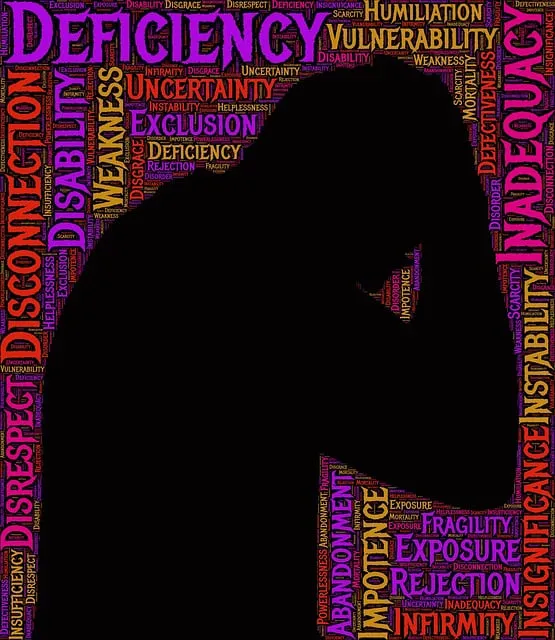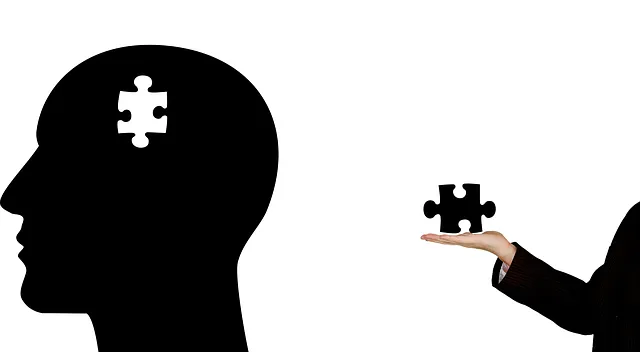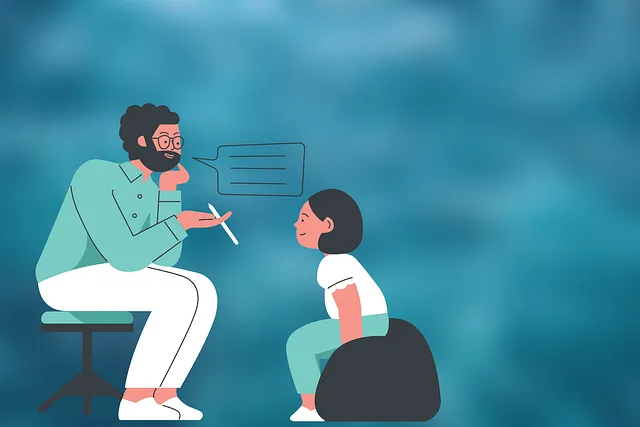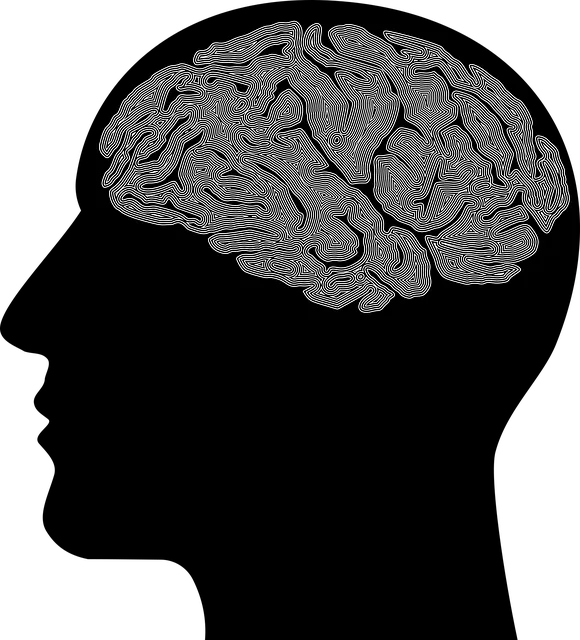The text highlights the detrimental impact of mental health stigma, deterring individuals from seeking much-needed support. It introduces initiatives like Cultural Sensitivity in Mental Healthcare and Mental Wellness Podcast Series as tools to combat this issue. These platforms encourage open dialogue, share personal stories, and promote evidence-based strategies to reduce stigma and foster acceptance. Littleton Kaiser Permanente behavioral health services are praised for their innovative approach, including anxiety relief methods and public awareness campaigns, which have successfully reduced barriers to mental health care. Educational initiatives targeting schools, workplaces, and communities, coupled with community engagement efforts, empower individuals to seek help without judgment and dispel myths surrounding mental illness, thereby increasing access to services like the Littleton Kaiser Permanente behavioral health number.
Mental illness stigma remains a significant barrier to individuals seeking help, often leading to delayed treatment and worsened outcomes. This article explores various efforts aimed at reducing this harmful perception. We delve into the profound impact of stigma on mental health seekers and present Littleton Kaiser Permanente Behavioral Health as a pioneering model for change. Additionally, we highlight educational initiatives and community engagement strategies that are breaking down barriers, fostering understanding, and encouraging support for those facing mental illness. The focus is on innovative approaches, like the successful programs at Littleton Kaiser Permanente behavioral health (a leading provider with a proven track record), to create a more inclusive society.
- Understanding Stigma: Its Impact on Mental Health Seekers
- Littleton Kaiser Permanente Behavioral Health: A Model for Change
- Educational Initiatives: Demystifying Mental Illness
- Community Engagement and Support Networks: Breaking Down Barriers
Understanding Stigma: Its Impact on Mental Health Seekers

Stigma surrounding mental illness is a significant barrier for individuals seeking help. It often manifests as negative perceptions and stereotypes, leading to discrimination and social exclusion. This can deter people from reaching out for support, especially when they fear judgment or lack understanding from their communities. For instance, those who might benefit from services offered by the Littleton Kaiser Permanente behavioral health number could be hesitant to make that call due to societal stigma.
The impact of stigma is profound, often pushing individuals with mental health concerns into isolation and worsening their conditions. It’s crucial to address this issue through education and advocacy. The Cultural Sensitivity in Mental Healthcare Practice initiative and Mental Wellness Podcast Series Production can play vital roles in this effort by providing platforms for open dialogue, sharing personal stories, and promoting evidence-based communication strategies. These efforts collectively work towards reducing stigma, fostering acceptance, and encouraging those in need to seek the help they deserve, such as that available at the Littleton Kaiser Permanente behavioral health number.
Littleton Kaiser Permanente Behavioral Health: A Model for Change

Littleton Kaiser Permanente Behavioral Health stands as a beacon of hope and progress in the fight against mental illness stigma. This model program has successfully integrated innovative approaches to anxiety relief and comprehensive mental health education, significantly impacting the lives of those within its community. By prioritizing public awareness campaigns development, they’ve fostered an environment that encourages open dialogue and breaks down barriers associated with seeking help.
The program’s success lies in its holistic design, addressing not just individual needs but also societal attitudes. Through targeted interventions and collaborative efforts, Littleton Kaiser Permanente Behavioral Health has reduced the stigma surrounding mental illness, making it easier for individuals to access support and treatment. This comprehensive strategy serves as a blueprint for other healthcare institutions looking to implement effective mental health education programs.
Educational Initiatives: Demystifying Mental Illness

Educational initiatives play a pivotal role in demystifying mental illness and reducing the associated stigma. Organizations like Littleton Kaiser Permanente’s behavioral health division actively contribute to this effort through comprehensive programs designed for diverse audiences. These initiatives target schools, workplaces, and communities, aiming to increase awareness about various mental health conditions, their symptoms, and effective treatment options. By promoting open conversations and dispelling myths, they foster an environment where individuals feel empowered to seek help without fear of judgment.
For instance, educational workshops on depression prevention equip participants with the knowledge to recognize warning signs and encourage early intervention. Similarly, risk management planning for mental health professionals ensures they have the tools to support clients while safeguarding their well-being. Encouraging self-esteem improvement strategies can also significantly contribute to mental illness stigma reduction by building resilience and promoting positive self-perception.
Community Engagement and Support Networks: Breaking Down Barriers

In the fight against mental illness stigma, community engagement and support networks play a pivotal role in breaking down barriers. By fostering open conversations and increasing awareness, these networks create an environment where individuals experiencing mental health challenges feel understood and supported. Organizations like Littleton Kaiser Permanente behavioral health services step up as game-changers, offering resources and programs tailored to diverse communities. They prioritize Cultural Sensitivity in Mental Healthcare Practice, ensuring that services are accessible and respectful of different cultural backgrounds and beliefs. This personalized approach builds trust and encourages individuals to seek help without fear of judgment.
Furthermore, community engagement strategies often involve educational initiatives and peer support groups. These platforms encourage mental health advocacy, promote Mindfulness Meditation and Self-Awareness Exercises, and dispel myths surrounding mental illness. Through these efforts, communities become equipped to recognize signs of struggle and offer assistance, ultimately reducing the stigma associated with seeking behavioral health support.
Mental illness stigma reduction is a multifaceted approach, as evidenced by initiatives like those seen at Littleton Kaiser Permanente Behavioral Health. By combining educational efforts, community engagement, and innovative models of care, such as their dedicated behavioral health number, we can create a more inclusive environment for mental health seekers. Further integration of these successful strategies can help break down barriers and foster understanding, ultimately improving access to and outcomes for those dealing with mental illness.






